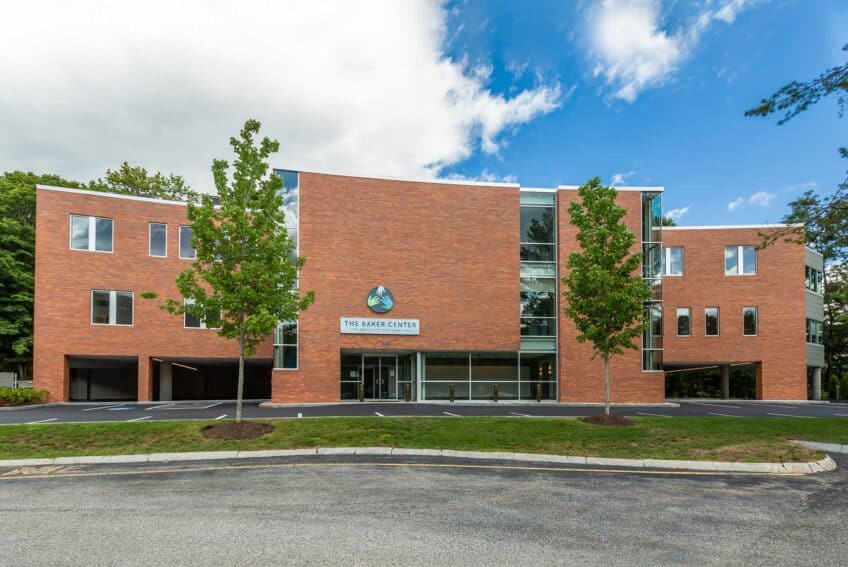Bob Salsberg
For decades, Massachusetts had some of the nation’s highest automobile insurance premiums and was the last state to have rates determined by the government, not the open market.
That changed one year ago this week, as Gov. Deval Patrick and others trumpeted a new “managed competition” plan aimed at wooing an influx of new insurance companies to the state, bringing increased competition and reducing rates by 10 percent.
While the expected flood of new competition has been more of a trickle, major national insurers that once shunned the state are now taking a second look at selling coverage in Massachusetts.
Progressive Corp., the nation’s fourth-largest private passenger insurer, entered the market shortly after the new system took effect last April 1. Geico, the nation’s third-largest insurer, recently said it would enter the market.
“A lot of people are saving money,” said state Insurance Commissioner Nonnie S. Burnes. “And it doesn’t seem to matter where they live or what kind of demographic they are or what driver experience; we’re seeing very high satisfaction.”
Under the old “fix-and-establish” system, the insurance commissioner set auto insurance rates after considering a number of recommendations from various groups, some representing the interests of the consumer and others the industry. Under managed competition, insurers set their own rates, subject to review by the commissioner.
Far from unregulation or even deregulation, the new system’s proponents say, managed competition holds to the belief that your driving record should determine what you pay. In most states, driving record and experience is weighed in assigning risk, but so are a variety of socioeconomic factors.
While it may seem intuitive that drivers who obey laws cause few accidents and have clean records should pay less for insurance, that is not necessarily the case in deregulated markets, where a variety of socioeconomic factors, including income, credit scores, home ownership, age, education and marital status, are used to determine rates.
Not in Massachusetts, where consideration of socioeconomic factors is not allowed, Burnes said.
Yet critics say the state is quietly sacrificing consumer protections to bring in more insurance companies.
“We wanted fair rules that applied across the board and would keep your driving records as the primary indicator of what your rate would be,” said Deirdre Cummings, executive director of the Massachusetts Public Interest Research Group. “That’s not what other states do and what insurance companies are used to doing, so they didn’t want to come in here and play by our rules.”
Cummings said insurers are introducing socioeconomic variables in Massachusetts via a backdoor approach. For example, she said, while drivers can’t get a discount for being a homeowner, they can if they have homeowner’s insurance. Education level is supposedly not a factor, but in some cases companies can offer breaks to “good students” and even discounts for belonging to a college alumni association.
It’s difficult to measure the exact impact of the new system so far.
Average premiums had been dropping in Massachusetts well before the advent of managed competition — 1.7 percent from 2004 to 2005, 8.7 percent from 2005 to 2006 and 11.7 percent from 2006 to 2007. And while reductions in accident and bodily injury claims may signal that drivers have tempered their habits, other factors — such as increased use of public transportation and a crackdown on once-rampant auto insurance fraud — have also helped.
In a state where market share had been dominated by Massachusetts-based insurers and where the vast majority of auto insurance had been purchased through independent agents, the arrival of big national firms — like Progressive and Geico — offers direct sales and the lure of deep discounts.
The direct approach to buying insurance could be good news for buyers like Alexander Czulak, 23, of Boston. He had previously been insured through his family’s agent but decided to shop around after buying a new car and learning the steep price a young, urban driver might face.
“They gave me a number that was insane, like $3,000 a year. I politely said ‘Thank you’ and started looking for someone else,” said Czulak, who continues to mull his options.
(Associated Press)






